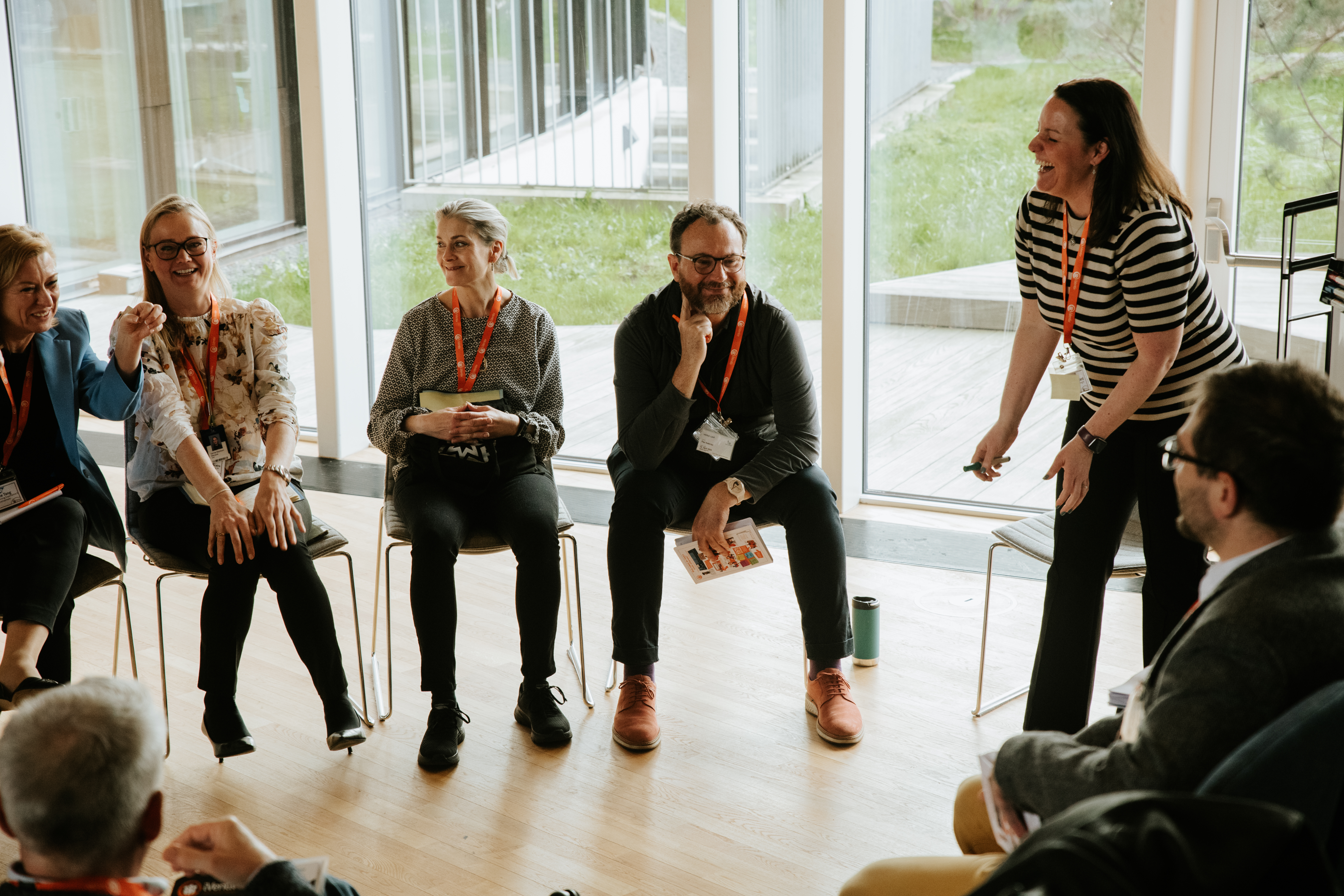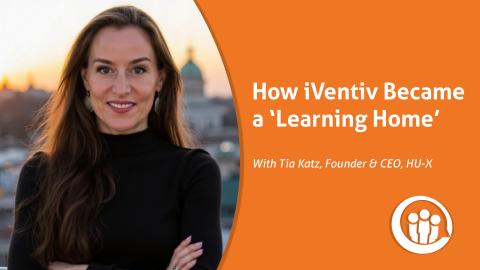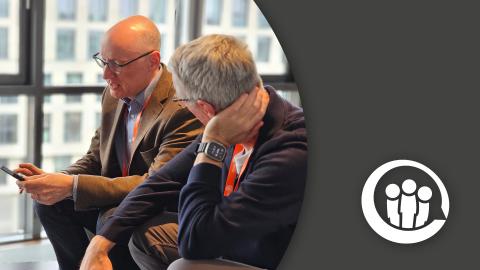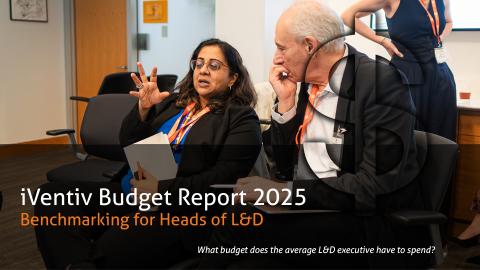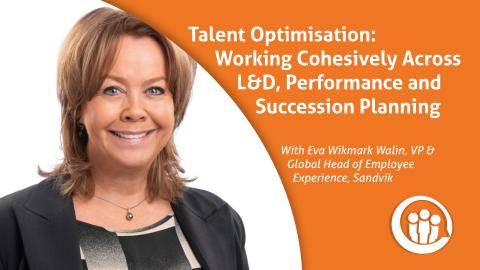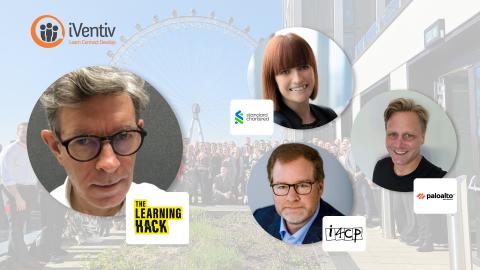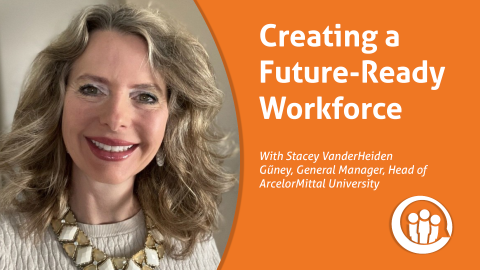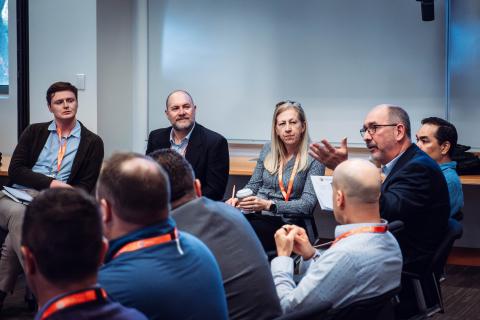Submitted by Kerry Summers on
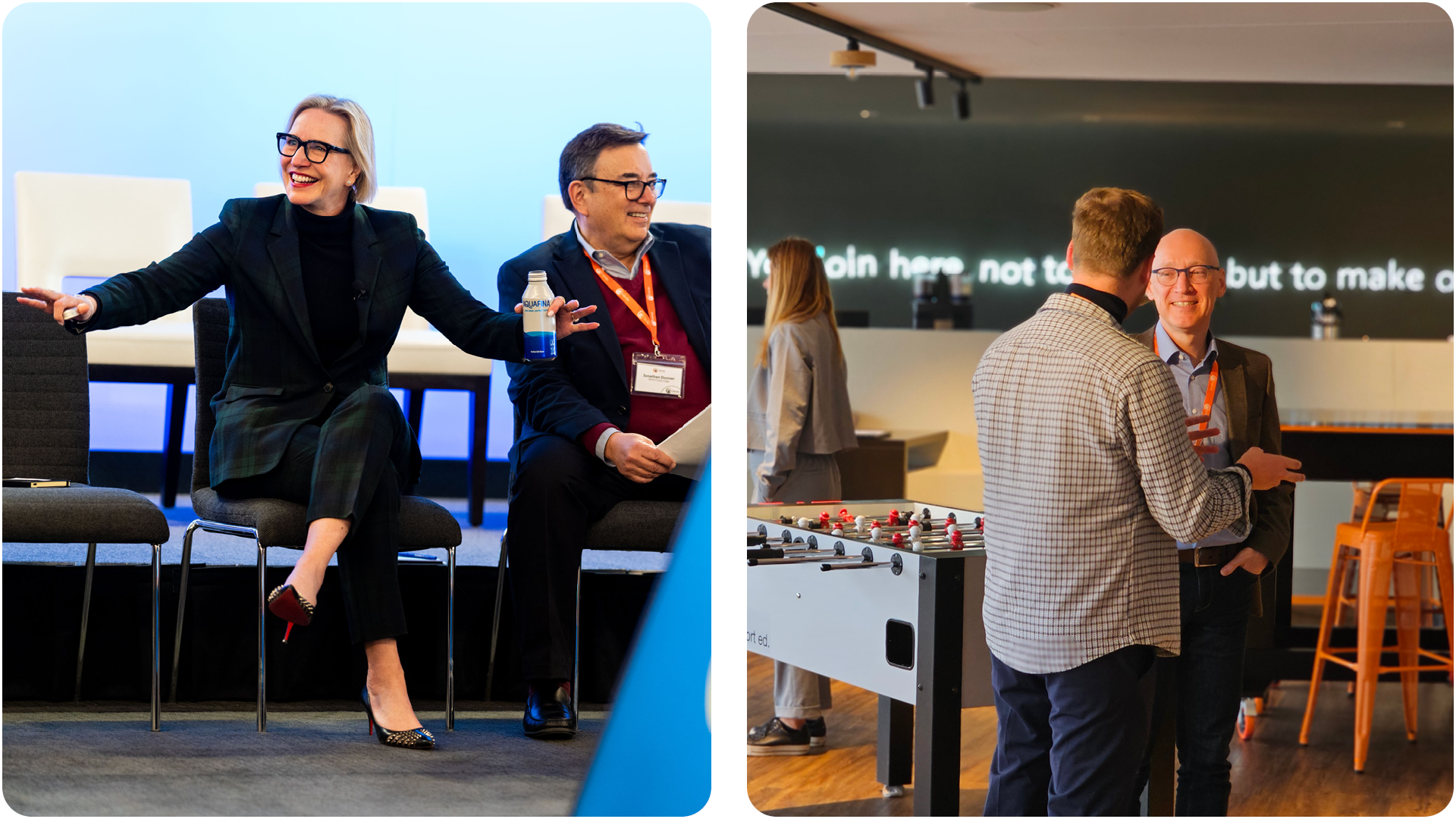
Why small groups work
Small-group events aren’t just miniature versions of large conferences. They are fundamentally different in tone, design, and purpose.
At their best, these events prioritise quality over quantity; you’re creating a space where a small group of like-minded professionals can come together to share insights, challenge thinking, and build lasting relationships.
Unlike larger events where attendees may feel like passive observers, smaller gatherings can make every individual feel heard, valued, and involved.
Logistic, facilitation, and content design tips
When planning corporate events for small groups, attention to detail in logistics, facilitation, and content design can make all the difference. A few factors to take into consideration may be:
- Don’t assume a small group needs a small space. Instead, consider choosing a main room that allows movement and collaboration.
- Equip each space with essentials like flipcharts, pens, and screens, and clarify AV requirements in advance – find out whether your speakers will use in-house tech or bring their own.
- Prioritise comfort and connection: iVentiv’s ‘hollow square’ layout works perfectly here – participants can see each other, avoiding tightly packed rows, and conversations can flow freely.
- Aim for natural light, too, and outdoor access to help spark new ideas.
- If your in-house space doesn’t meet these needs, consider an external venue that offers flexibility and a fresh environment to inspire creativity.
Start with strategy: the 'why' behind the event
Before choosing a venue or designing an agenda, start by answering three simple questions:
- What’s the purpose? Is it to connect leaders across departments? To co-create solutions to a shared challenge? To spark innovation within a niche group?
- Who are the right people to bring together? For small groups, alignment matters. Focus on participants at a similar level (e.g. Global Heads, People Managers), or those who are working on similar challenges; this increases relevance and encourages more open, productive conversations.
- What should participants learn? Define the value proposition clearly early on, whether it’s practical insights, strategic alignment, fresh thinking, or new relationships.
Getting the logistics right
When your event is small, the logistics really count. Every detail contributes to the experience, and even small missteps can stand out. Here’s what to focus on:
Venue selection
Choose a venue that feels comfortable and encourages interaction. Look for bright, airy spaces with breakout areas, natural light, and furniture that allows for breakout conversations.
Seating layout
Ditch the rows of chairs. Use hollow squares, soft seating, or even lounge-style set-ups to encourage conversation. Make it easy for participants to see and speak with each other.
Catering
Catering shouldn’t be an afterthought. Good food fosters connection and gives people a natural moment to chat. Include proper breaks with space for informal networking.
Registration and arrival
Make arrival seamless. With a small group, personalised welcomes go a long way; your first impression should be warm, efficient, and human.
Designing the agenda: make it collaborative
A small-group event should never feel like a miniature lecture series. Instead of one-way presentations, lean into interactive formats that invite participation and harness the wisdom in the room. Take a leaf from iVentiv’s book, and make sure that learning, connection, and development are at the heart of your agenda.
Deep dives and thought-provoking facilitation
Create time for structured breakout sessions where participants can work through real-world challenges together. Focus on creating space for shared problem-solving, not show-and-tell.
Make your breakout facilitators catalysts for conversation. Ask them to pose questions or challenges to the group, after they share their research and experiences, to really cement learning.
Prioritise conversation over slides
Encourage contributors to leave PowerPoint behind. Offer them a conversation guide or a few prompts instead. The less scripted the content, the more room for authentic exchange.
Build in Time for Reflection
Don’t overcrowd the agenda. Leave space for people to think, journal, or regroup. Short reflection breaks help participants synthesise what they’ve heard and prepare to contribute meaningfully in the next session.
Session design tips: make every voice count
In a small group, you have the advantage of making sure everyone contributes.
Here’s how to design for engagement:
- Start with a strong opening: this is a collaborative space where everyone is encouraged to actively participate from the outset. Sit your group in a hollow square to set the tone.
- Use expert facilitators: having a few SMEs to guide the conversation, prompt quieter voices, and draw out insights ensures you don’t miss key themes.
- Create psychological safety: let participants know the event is under the Chatham House Rule or equivalent, so they can speak freely. Emphasise that there’s no judgment, and that everyone is learning together.
- Mix the format: alternate between whole-group discussions, breakout groups, coaching exercises, and informal conversations; variety keeps energy levels high.
Building connections that last
In smaller groups, participants are more likely to remember who they spoke to and what was said. Your job is to make that easy.
Aim for alignment, not just diversity. Bring together people with shared priorities so they’re immediately speaking the same language. Create a WhatsApp group post-event to continue the conversation and enhance participant experience.
Even the small things matter – adding job titles, company names, or even discussion prompts to name badges should reduce friction and speed up connection.
Listen, Learn, Adapt
Perhaps the most important tip for planning small events: listen to your audience. Gather their ideas beforehand, collect feedback after each session, and monitor the discussions during the day. Watch the body language. Take note of the energy in the room. Where are people leaning in? Where are they switching off?
Use that real-time input to shape future sessions and even adjust on the fly.
Final Thoughts
Planning events for small groups is both an art and a science. It’s about curating not just content, but conversation.
It’s about getting the logistics right, so that participants can focus on learning, connecting, and contributing.
And most importantly, it’s about making every person in the room feel like their voice matters because in a room of 30, it really does.
By designing with care, listening actively, and putting conversation at the centre, your small event can have a big impact.
Ready to plan your next small group event?
Think about the three most important elements: who’s in the room, how they connect, and what they’ll walk away with. Focus on those, and you’ll create an experience people won’t forget.
Having curated bespoke events for the L&D teams of some of the world’s best known organisations including Microsoft, and AstraZeneca, iVentiv understands what goes into creating impactful events that put participants’ needs and challenges at the core.
To enquire about iVentiv bespoke events, visit our enquiry page here: iVentiv Bespoke Events Enquiry Form | iVentiv
Related Resources
- Designing Events for Knowledge Sharing: Practical Techniques
- Solving the Knowledge Silo in Global Learning Teams
- What Makes an Effective Learning and Development Team Event?
- 10 Questions to Ask Before Planning an Internal Event
- Why Customer Education Matters
- Planning Corporate Events For Small Groups: A Complete Guide
- Why Internal Events Often Fail, and How to Fix Them
- How to Engage L&D Teams Through Events
- The Difference Between Team Building and Team Learning
iVentiv and Microsoft - A Bespoke Event Experience
